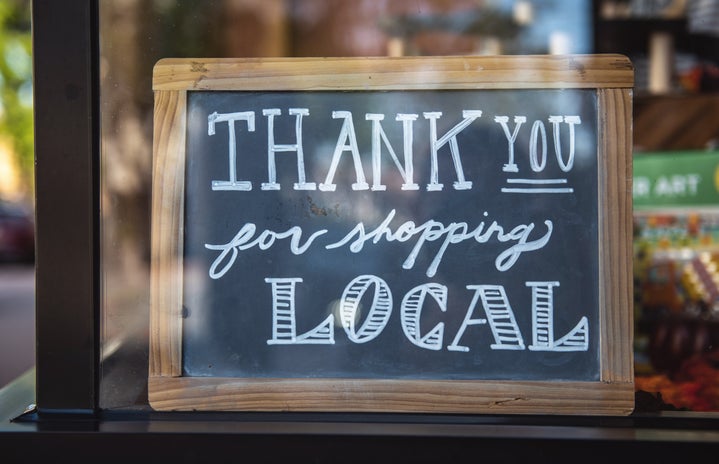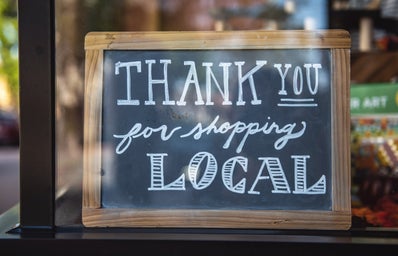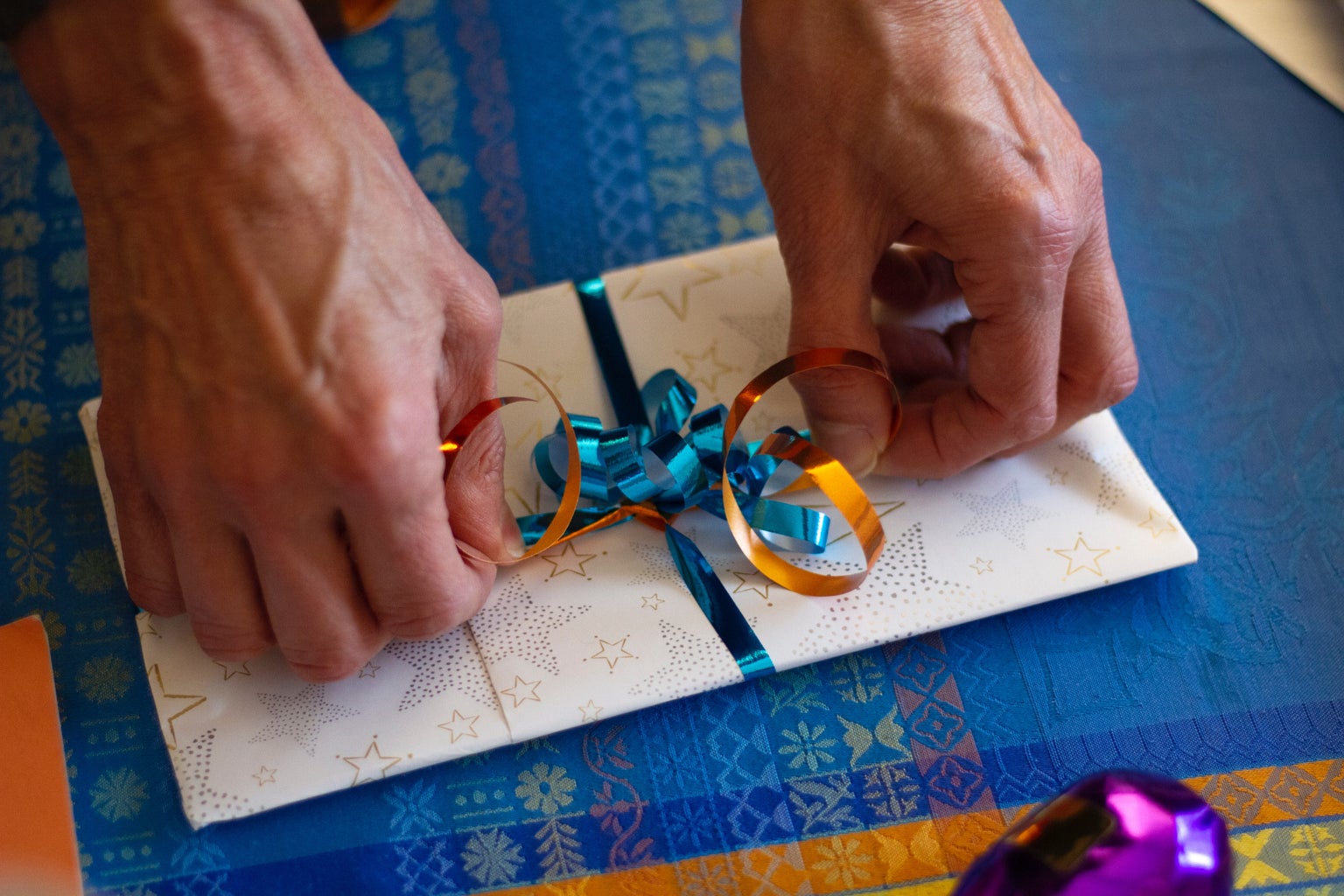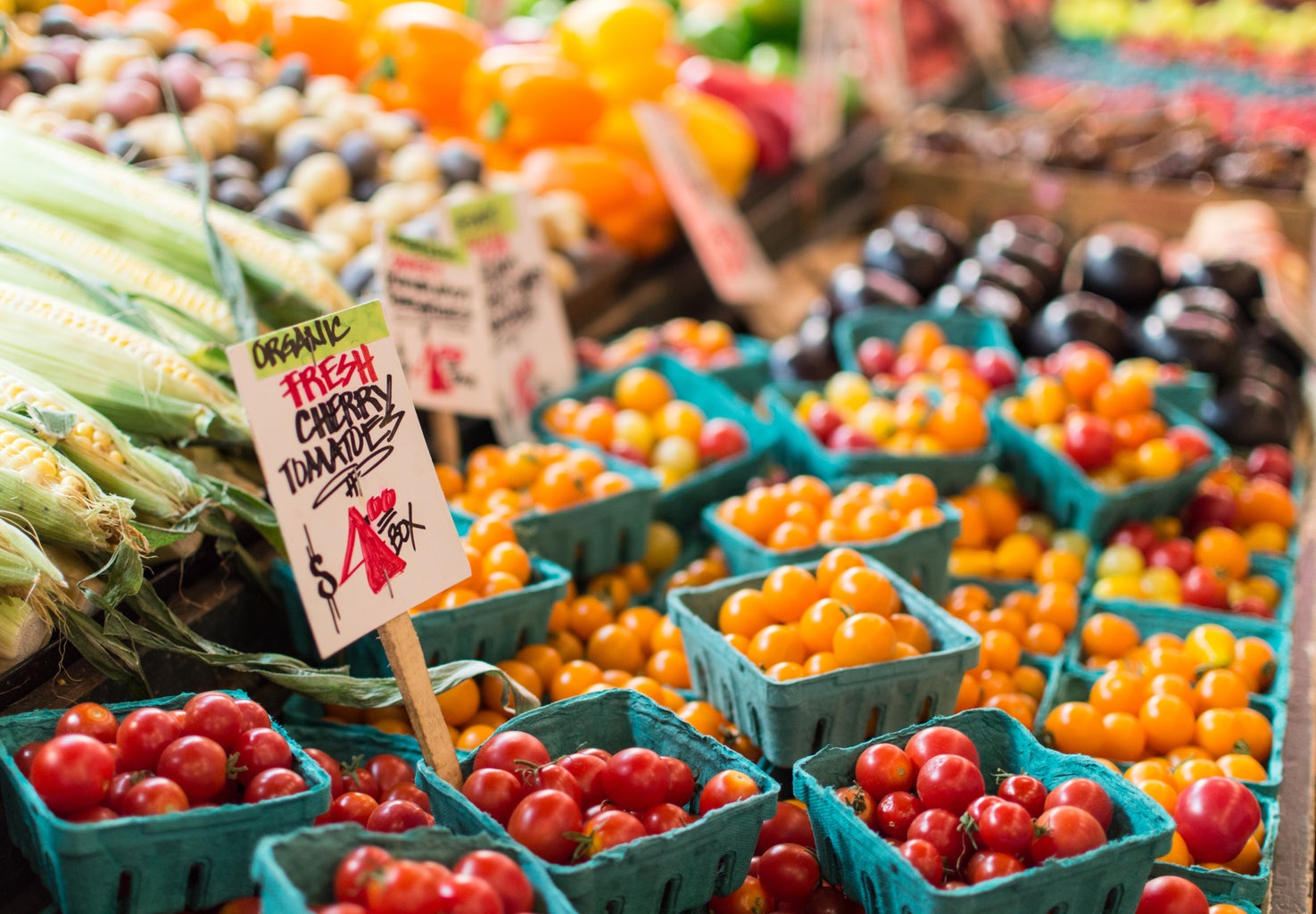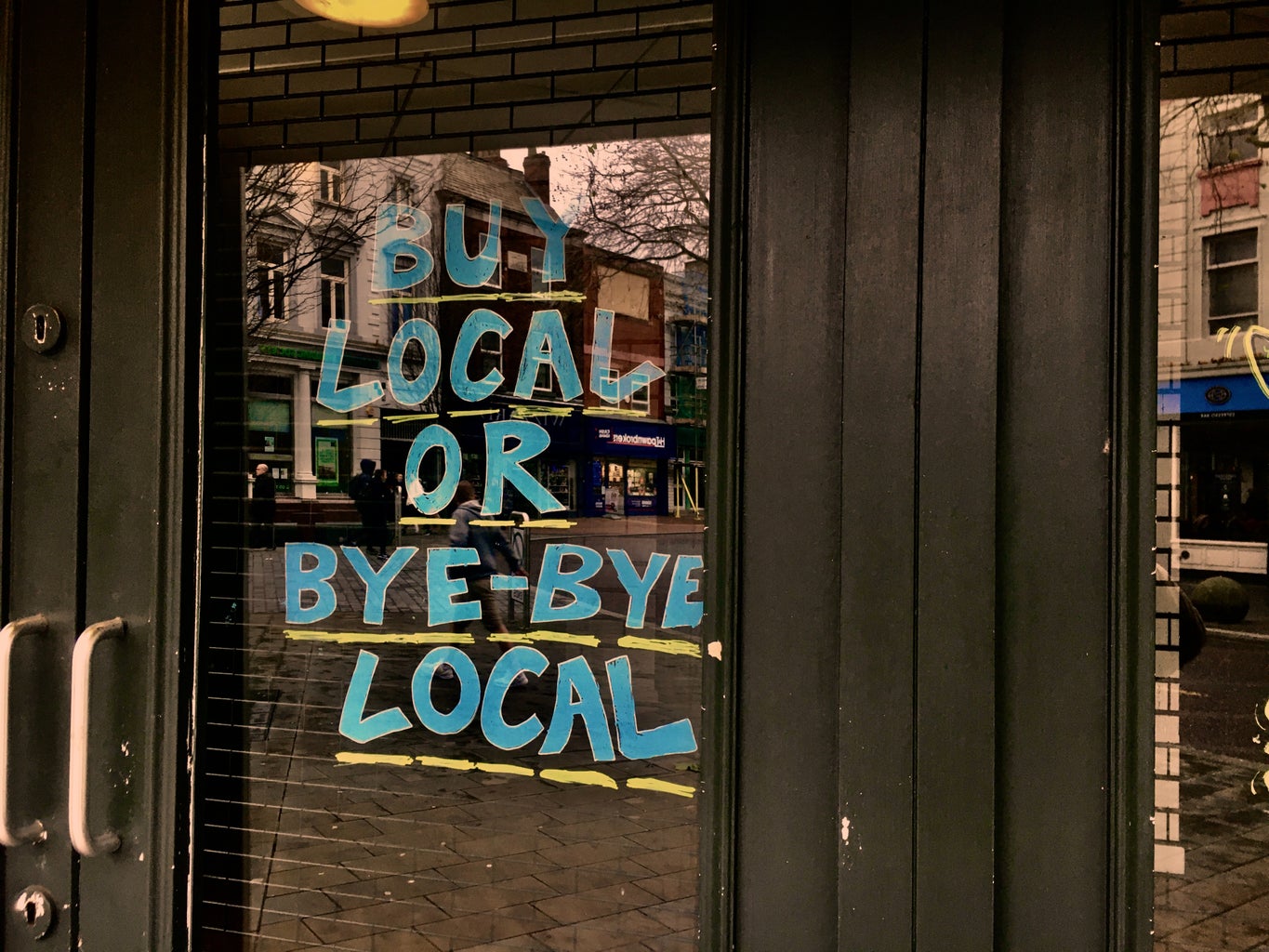Last Christmas, a friend of mine posted a question on her Instagram story asking people to reply with their favourite independent and local businesses. She was looking for gifts for friends and family, and was hoping to share people’s responses so that others viewing her story could shop at these places too. By the next day, she had received only two responses; a ridiculously low amount for the number of people that viewed the story.
We all know it’s good to shop local, but why don’t we actually do it? In a world that is being constantly commodified by large corporations, we can’t forget the value of a small business. Independent, locally owned businesses bring life to a place, helping to create a sense of identity and shared culture. Heck, they also help reduce your carbon footprint, because the transportation of a business’s goods to the store, as well as the shipment of a product to you, the consumer, is typically reduced.
In case you haven’t been watching the news, it’s glaringly apparent that we’re in trouble. The recent pandemic has had devastating effects on many of the independent businesses we love, causing them to lay off employees, lose their storefronts or even completely close. In Ontario, approximately 100 000 businesses that were open in February of 2020 closed by September of that year. Toronto alone lost over 4000 businesses by the end of 2020.
If we’re actually concerned about our local communities, we have to do what we can to keep the small businesses within them alive.
Finding them in the first place
Alright, so you want to support a small business, but you don’t know how to find them. Admittedly, this does take a little more effort than opening up Amazon.ca, but once you find what tools are available and utilized within your area, it’ll be easier from then on. Something my friends and I have done is create a shared google doc where we include businesses that we’ve bought from and liked, or ones that we’ve heard of and are interested in. This way, when we need something later, we have our own little list of places.
Similar to this, but maybe a little more official, are business directories. Most towns or cities have an overall business directory that includes businesses of all sizes in the area. They’re typically organized in alphabetical order and you can search by name or by type of business. Just search “name-of-your-city business directory” to find it. Speaking of just searching, another stupidly simple way of finding a businsess is by searching online for exactly what you’re looking for: “Toronto Small Business Candles.” Usually, you can find exactly what you need, but you may get some sneaky big businesses popping up in those results, so be wary.
Of course, you can also check out Etsy.com; it’s an amazing hub for handmade and vintage goods. You can filter your results to show shops only in your country, and oftentimes you can even get free shipping within Canada if you buy from a Canadian business. Facebook Marketplace or the Instagram shopping tab are also regularly used. Lastly, you should also keep an eye out for Craft or Farmers markets, and even local festivals, which occasionally have independent vendors that set up there.
Eat out, locally
Supporting small businesses isn’t just buying fancy candles; restaurants, as we know, were especially devastated by the pandemic. Can you imagine a world where the only restaurant food available to order are cheap, greasy burgers and inauthentic, mystery meat filled tacos? No, thank you!And food is a huge part of culture as well! There is an incredible diversity of restaurants in downtown Toronto and across the GTA, offering cuisines from Ethiopia, Peru, China, Greece, India and almost any country you can think of.
I know we all say that we’ll spend less money on eating out, but when you eventually do it anyway, you’ll feel a little better when you support a local restaurant.
Gift cards as presents
Ah, gift cards. They’re usually considered the most impersonal of gifts, bought by people who don’t know someone well enough to buy an “actual” gift or are short on time. But, imagine the subversion of expectations when your friend opens her birthday card to find a gift card to a locally owned artisanal Macaron shop, or a voucher for a pottery class put on by a local artist.
These kinds of gift cards are great, because they offer a new experience, giving your friend a chance to explore a new place in their own city. This is particularly great if it’s a place you already know and love, because then it’s personal.
Sometimes things are expensive
Most of the people reading this are college students, and sometimes that means you don’t always have a lot of money. Handmade goods can be expensive, because they aren’t produced at the same scale as products made in huge factories, since their materials are often sourced locally and the business employs locally-based skilled workers. Local produce also costs more; multiple factors such as length of growing season, saturation of the market and scale of production contributes to this.
But, this raise in price also means that you’re getting a higher quality product, reliable customer service, reducing your environmental impact and investing in a community you care about. Just think about how much better locally grown strawberries taste! You’re paying for the time someone takes to handcraft that wallet, or the resources it takes to grow strawberries in a place that’s snowy half the year.
You don’t need to do it all
As students, we have expenses and a job that probably barely pays enough to cover them. Sometimes, we don’t have the ability to put our money where our values lay, and that’s okay. We don’t have to buy local 100% of the time, but making an effort where you can and staying informed is just as admiral and important. Share the pages of small business accounts that you like and find interesting on Instagram!
Leave reviews online when you purchase a product or eat at a restaurant! Invest in products that you’ll keep for years! Supporting local business matters because we deserve to make good and ethical choices when it comes to where we spend our money.
